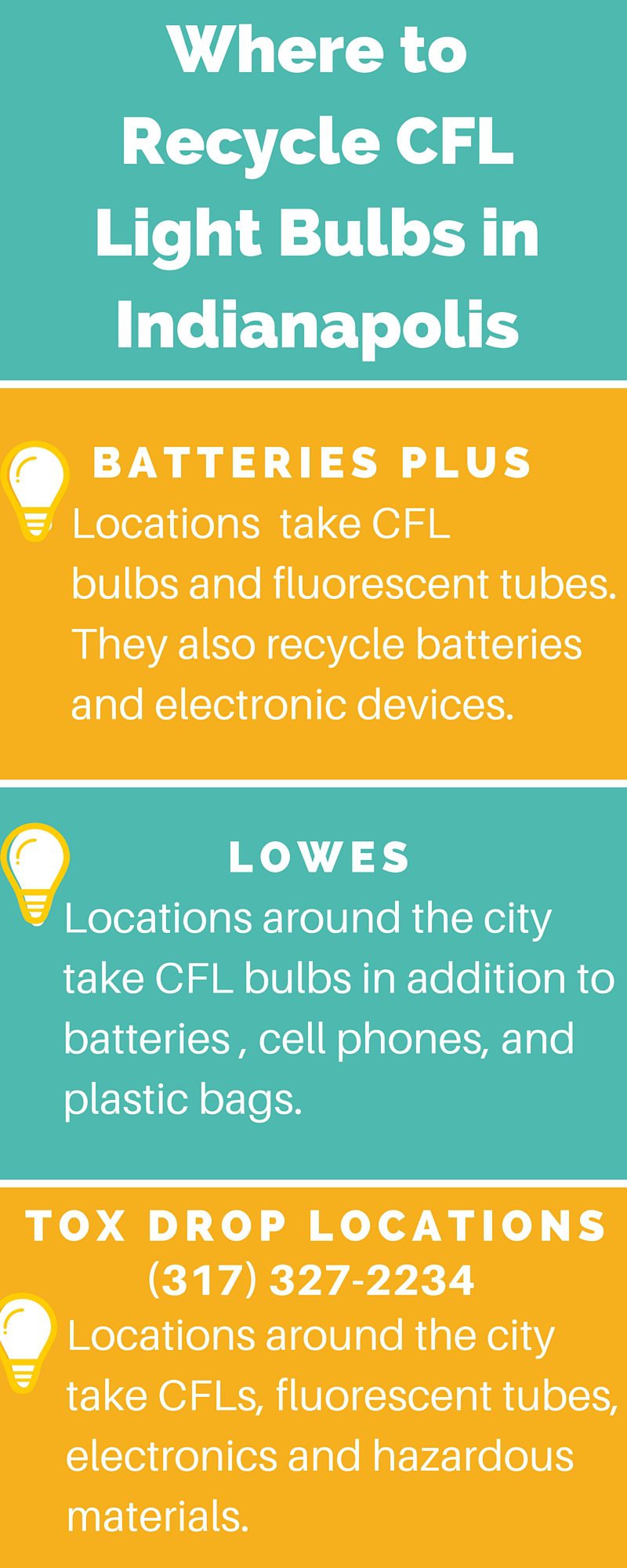The Journey Of Dumpster Rental: Evaluating Its Historical Roots, Present-Day Practices, And Future Developments
The Journey Of Dumpster Rental: Evaluating Its Historical Roots, Present-Day Practices, And Future Developments
Blog Article
Produced By-Reed Brinch
As you ponder the advancement of dumpster service, take into consideration just how each age has added to forming the waste management landscape we navigate today. From modest starts in the 1930s to the innovative technologies of today, the journey of dumpster leasing has been marked by development and adaptation. However what rests on the perspective for this crucial solution? roll away dumpster rental fads in lasting practices hold the key to opening a much more reliable and eco-conscious strategy to throw away management. Stay tuned to discover how the dumpster service sector is poised to embrace a greener tomorrow.
Historic Origins of Dumpster Rental
Explore the origins of dumpster service and just how it has actually formed waste management practices gradually.
Dumpster rental traces back to the 1930s when George Roby Dempster, a Tennessee entrepreneur, invented the Dempster-Dumpster. This crucial creation changed waste disposal by providing a marked container for gathering and transferring garbage efficiently. At first utilized for construction sites, the idea quickly broadened to household and commercial setups, leading to the establishment of the first dumpster rental services in the 1960s.
Throughout the years, dumpster leasing has considerably affected waste administration methods by advertising ease, sustainability, and company. The capability to streamline waste in dedicated containers enhances collection procedures, lowers littering, and improves reusing efforts. Furthermore, dumpster leasing urges individuals and services to adopt liable garbage disposal routines, contributing to cleaner atmospheres and lowered eco-friendly effect.
Modern Innovations in Waste Administration
Integrating sophisticated technologies and lasting techniques has actually reinvented waste administration over the last few years, boosting effectiveness and ecological impact. One substantial innovation is using wise waste management systems that utilize sensing units to keep an eye on waste levels in real-time, optimizing collection routes and schedules. These systems help in reducing unnecessary pick-ups, decreasing gas consumption and discharges.
One more modern development is the application of waste-to-energy centers, where non-recyclable waste is converted into power through procedures like incineration or anaerobic digestion. This not just minimizes the quantity of waste destined for land fills but likewise creates renewable resource.
In addition, the introduction of single-stream recycling has actually streamlined the reusing process for consumers, resulting in greater engagement rates and improved diversion from land fills. Additionally, innovations in composting modern technologies have made organic waste management extra efficient, turning food scraps and backyard waste right into useful compost for farming use.
Anticipated Trends in Sustainable Practices
Sustainable waste management methods are developing rapidly to satisfy the raising needs for ecological responsibility and source performance. As click now seek to the future, a number of key patterns are prepared for to form the market. One major emphasis will get on reducing waste generation via far better product layout and product packaging. Companies will progressively embrace circular economic situation concepts, intending to minimize waste and take full advantage of the lifespan of products.
Another trend to expect is the increase of innovative recycling technologies. Technologies in chemical recycling and pyrolysis are anticipated to offer brand-new remedies for handling complicated or infected waste streams that typical recycling methods struggle to process efficiently. These innovations have the prospective to change how we take care of waste, turning difficult-to-recycle products right into beneficial resources.
Furthermore, expect to see a greater emphasis on natural waste diversion. Composting programs and anaerobic digestion centers will certainly become much more extensive as areas make every effort to decrease the amount of raw material sent out to garbage dumps. By purchasing these lasting methods, we can move towards an extra round and resource-efficient waste management system.
Final thought
Finally, dumpster leasing has come a long way considering that its beginning in the 1930s. From its modest starts on building websites to its extensive use in residential and business settings, the sector has actually continually advanced to fulfill the altering requirements of waste administration.
With the introduction of modern-day developments and a concentrate on lasting practices, the future of dumpster leasing looks promising, with a strong focus on effectiveness, ecological obligation, and technology.
